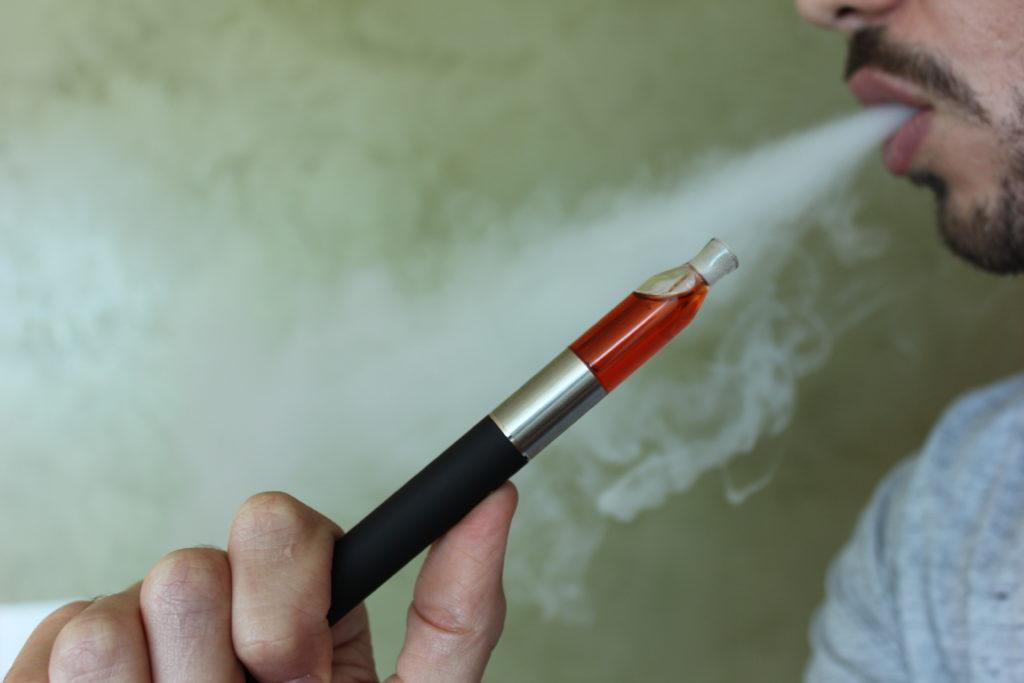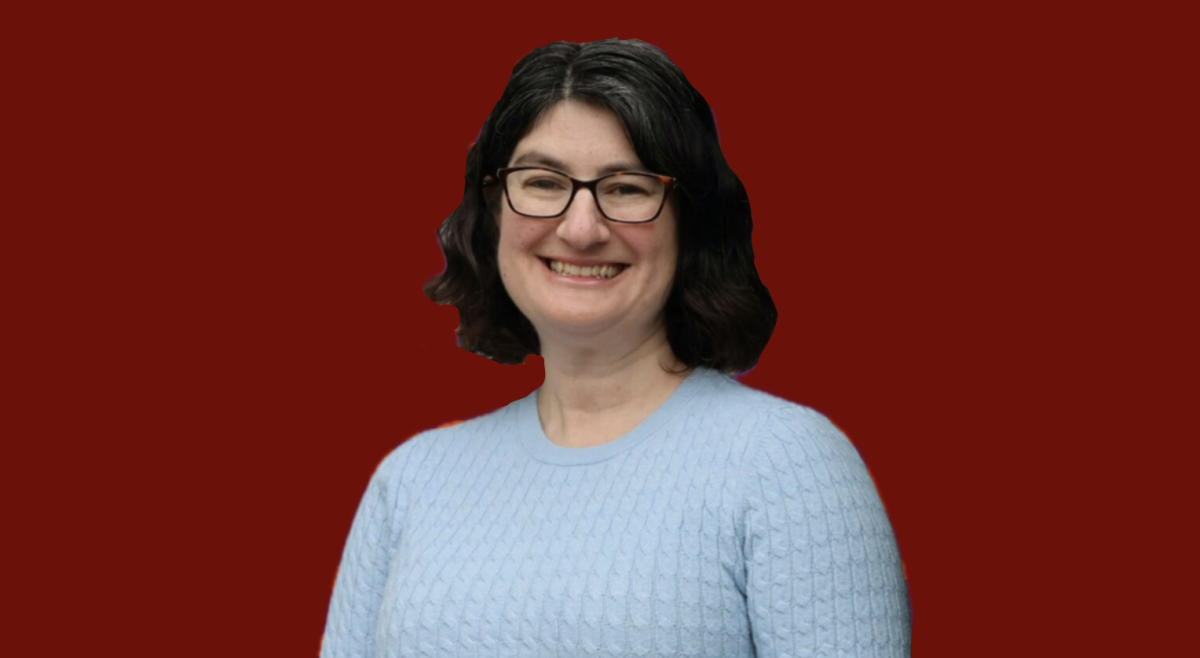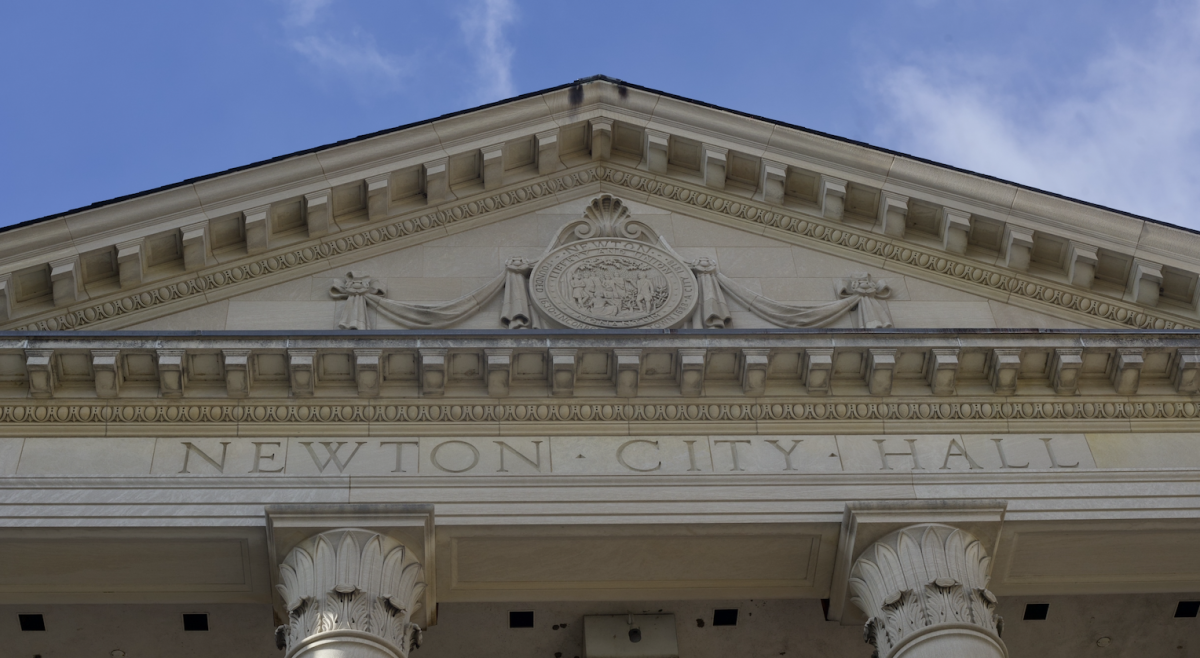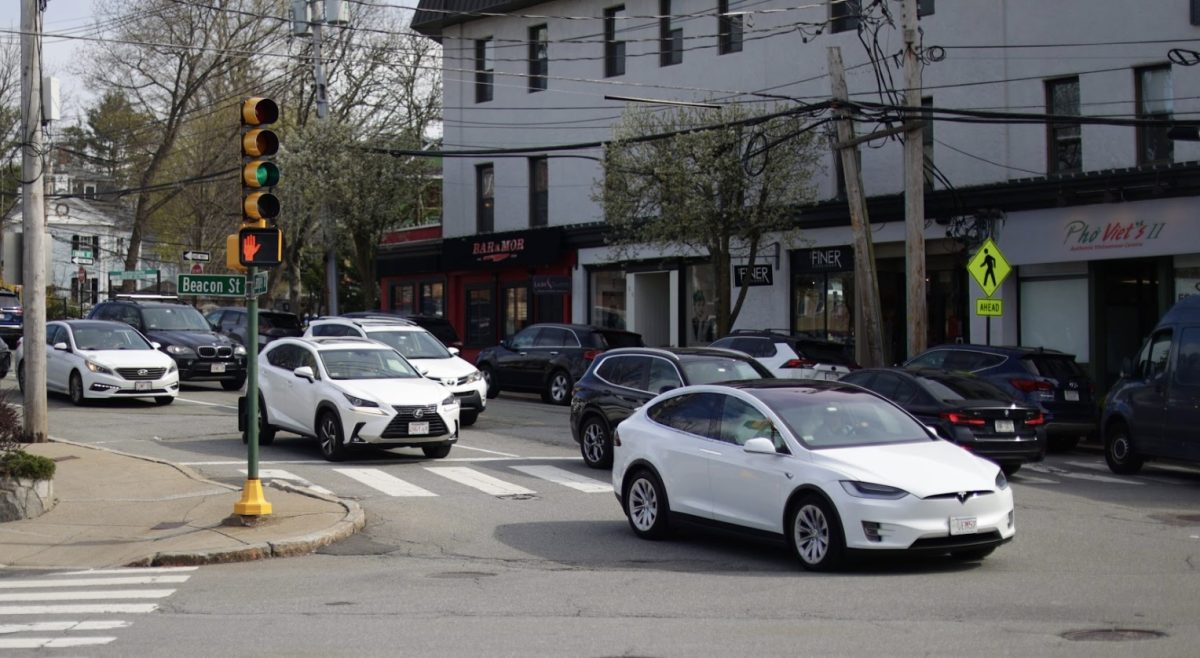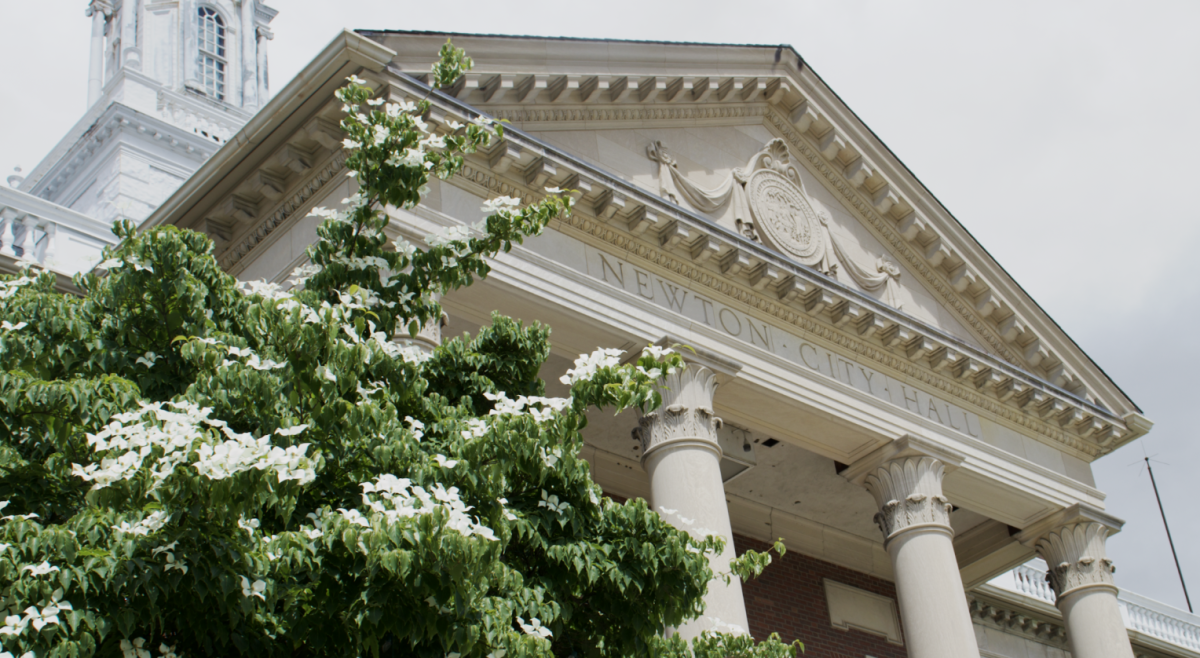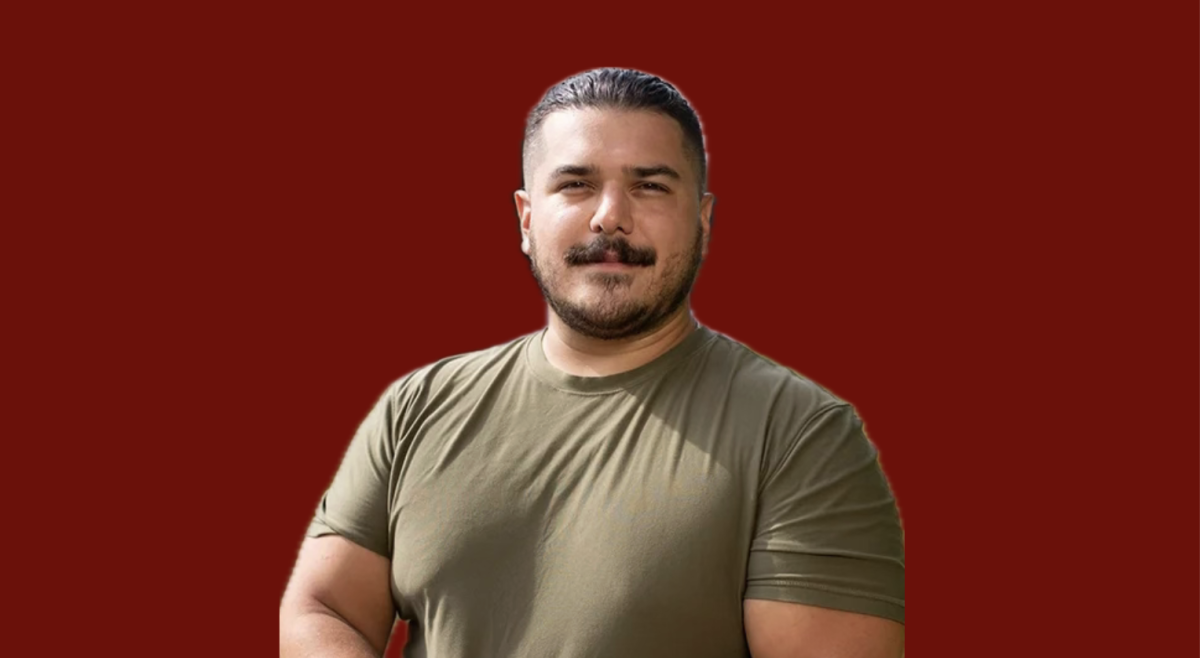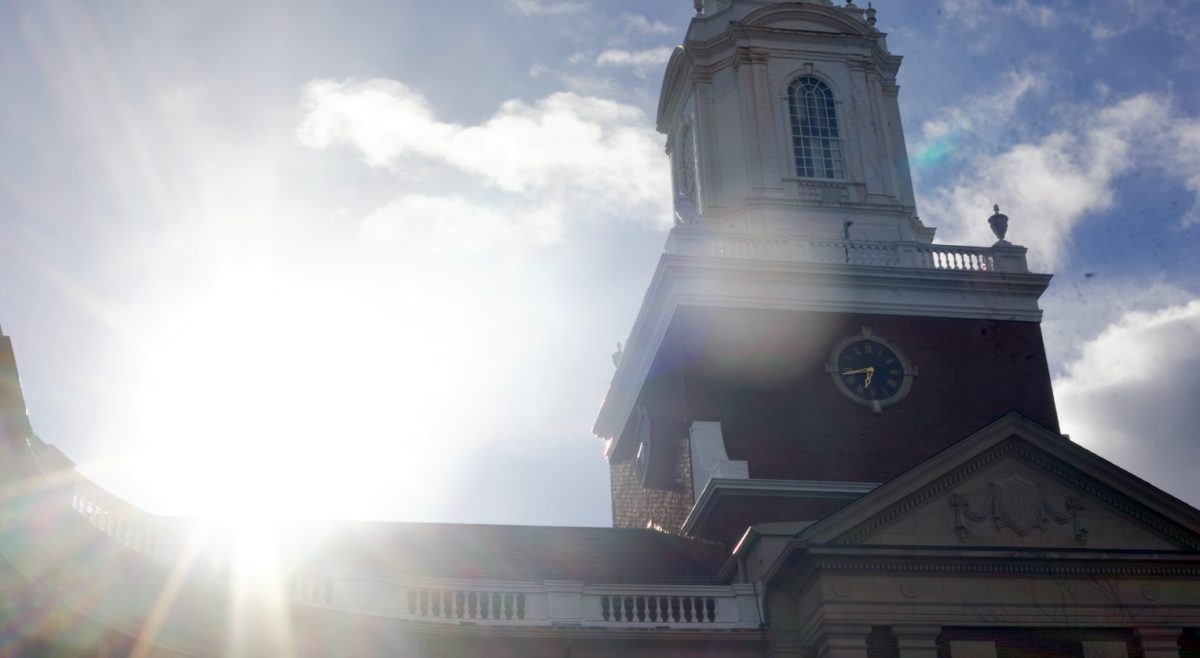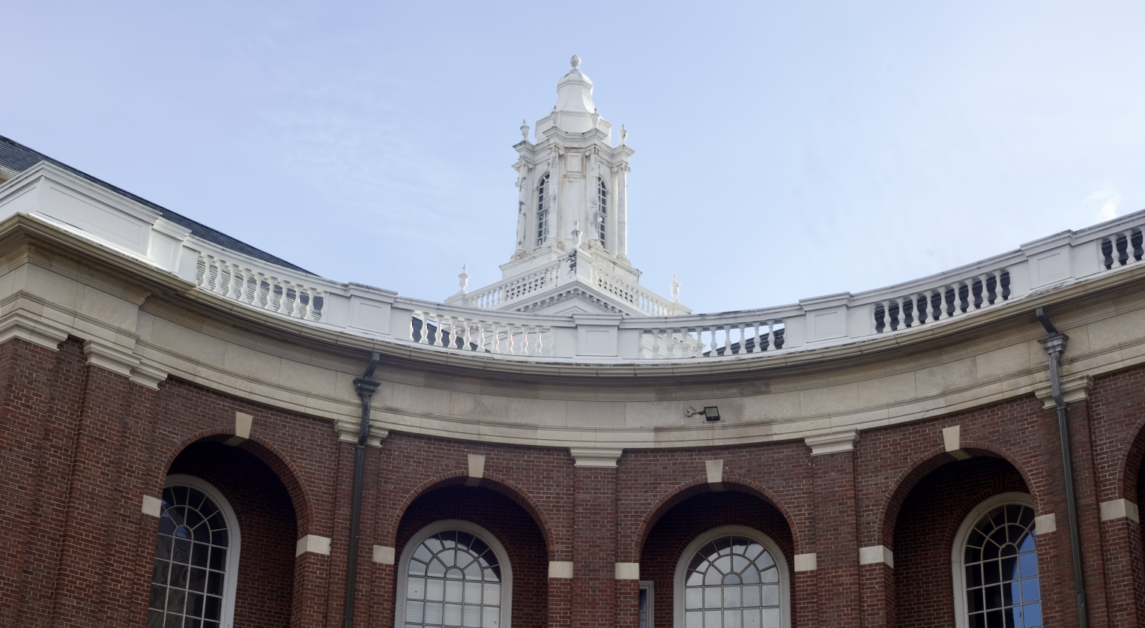Vaping product sales will be banned for four months in Massachusetts, as Governor Charlie Baker announced a public health emergency. The temporary prohibition will last until Jan. 25, 2020, according to a press release.
“The use of e-cigarettes and marijuana vaping products is exploding and we are seeing reports of serious lung illnesses, particularly in our young people,” Baker said in a statement.
“The purpose of this public health emergency is to temporarily pause all sales of vaping products so that we can work with our medical experts to identify what is making people sick and how to better regulate these products to protect the health of our residents.”
Sixty-one cases of unexplained pulmonary disease related to vaping have been reported to the Department of Public Health this month, the press release said. The U.S. Surgeon General has called youth vaping an epidemic, as mysterious reports of deaths related to vaping have been announced across the country.
“Our priority is protecting the public health,” said Monica Bharel, the public health commissioner, in a statement. “The Governor’s actions today will help prevent more cases of this dangerous lung disease while getting people, especially young people, the help they need to quit.”
During the ban, Baker will work with medical experts as well as state and federal officials to learn more about vaping illnesses and decide what further steps should be taken. Those groups will also work together to make sure the ban is enforced, per Baker’s press release.
Shop owners were taken by surprise when the ban was announced yesterday. Some stores scrambled to sell the remaining vape products they had before they had to be taken off the shelves.
“We learned about this ban when everybody else did, which was 2:30 [p.m.] yesterday,” said Stacy Poritzky, one of the owners of Vape Daddy’s. “So, we have, you know, four stores and several employees and this is putting us out of business.”
The four stores—located in Newton, Framingham, Braintree, and Norwood—are temporary closed the day after the ban, while the owners try to decide what to do next. Poritzky anticipates they will have to close at least one of the stores since almost all of their products have been banned from sale. Her other concern is that the ban will not be lifted in four months, as is currently anticipated.
“It is me and my business partner’s livelihood,” she said. “So it’s really so wrong on so many levels.”
The illnesses and deaths that are being reported are not typically caused by vape products that are purchased in a shop, Poritzky said—most of the products that make people sick are black market cartridges.
Vape Daddy’s is extremely strict with minors, Poritzky said, noting the issue of youth vaping. Customers are carded as soon as they enter the store, Poritzky said. The adults that come into the store use the vape products as a way to quit smoking cigarettes, and Vape Daddy’s has helped thousands, she said.
“This is a terrible decision,” tweeted Shaleen Title, the commissioner of the Massachusetts Cannabis Control Commission. “Purposely pushing people into the illicit market—precisely where the dangerous products are—goes against every principle of public health and harm reduction. It is dangerous, short-sighted, and undermines the benefits of legal regulation.”
Newton and Boston had recently proposed regulations for curbing youth vaping. The City of Newton proposed in August to limit e-cigarette sales to adult-only retailers starting in December. The two adult-only stores were Vape Daddy’s and Garden City Vape. The proposal was largely in response to the Newton Fall 2018 Youth Risk Survey, which found that 15 percent of high schoolers in Newton use e-cigarettes.
A public listening session for the draft was planned for Oct. 4, when residents and retailers could express their opinions. The impact on Newton small businesses was addressed in the FAQ section of the proposal, which said that the possible strain on businesses will be weighed against protecting Newton teens.
Boston Mayor Martin J. Walsh, BC ’09, released a similar plan last week, under which mint and menthol nicotine and tobacco products could only be sold at adult-only retailers in Boston. They planned to move forward with a public comment period and public hearing, according to the City’s press release.
“Teen vaping is an epidemic that is particularly alarming because we know that nicotine use at a young age can have the power to lead to a lifelong dependency. The data is undeniable in showing that these amendments would save lives,” Walsh said in a statement.
“I believe that now is the time to act, and I thank our public health staff for bringing forward a proposal that will ensure Boston has some of the strongest regulations in the country to protect our young people.”

